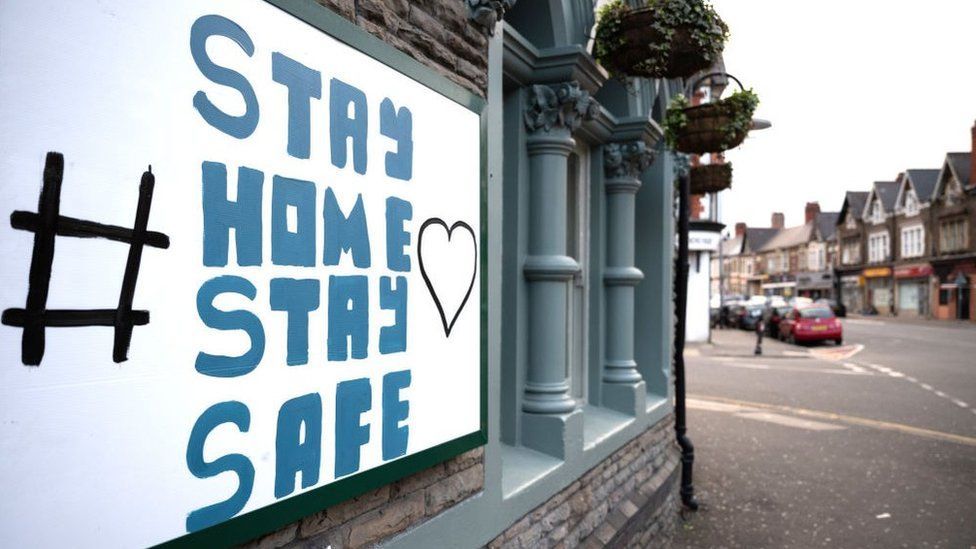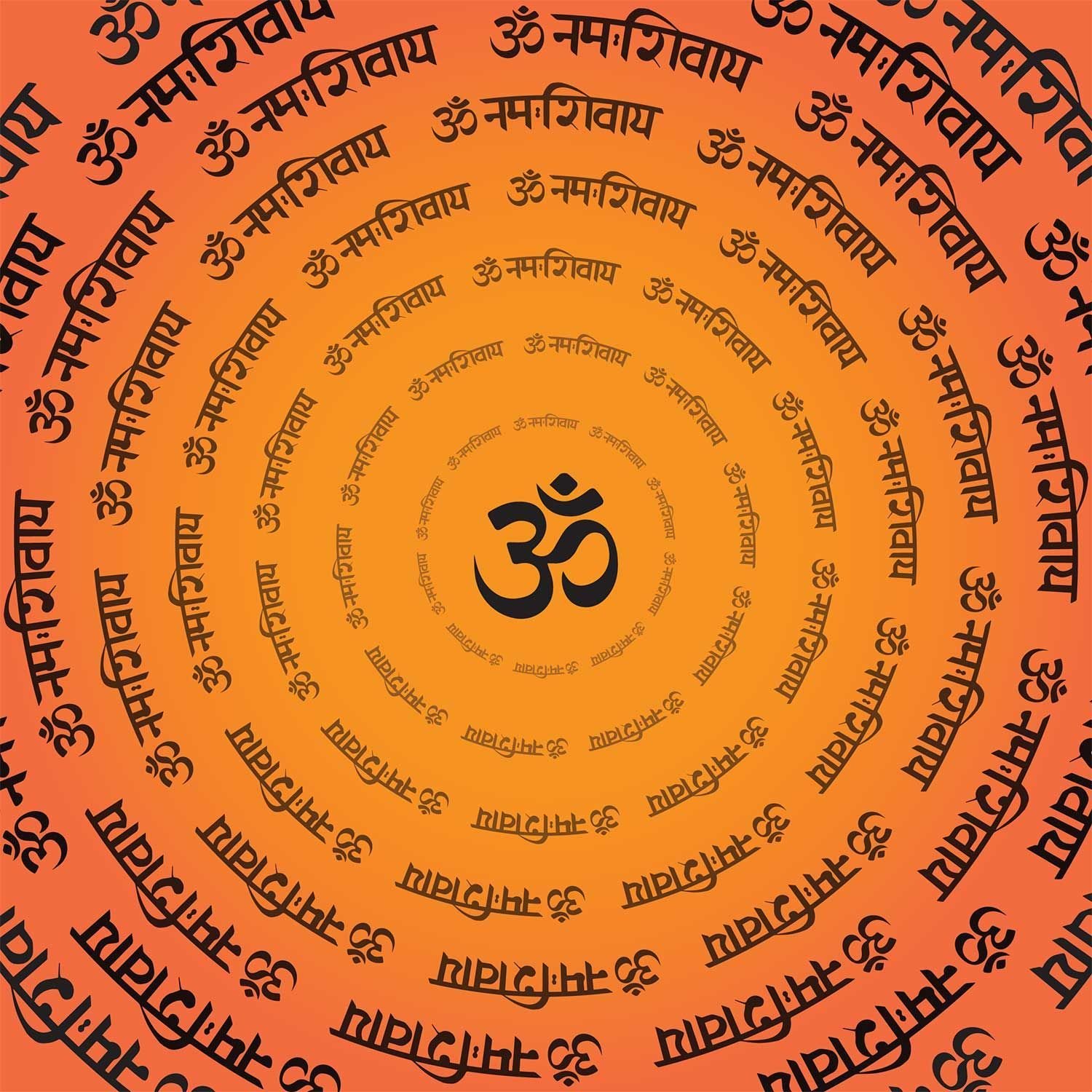Nowadays we all are habituated with the word ‘quarantine’, aren’t we? Most of the people weren’t known about this word. The devil COVID-19 helps us to know such a kind of word.
First Known: 14th century in the situation where you are.
Origin: Comes from the word ‘quaranta giorni’
Original meaning: 40 days in Italian
The history behind the word
During the bubonic plague or Black Death in the 14th century, ships arriving in Venice from infected ports were required to sit at anchor for 40 days before landing to prevent the spread of the disease.
Quarantine is distinct from medical isolation, in which those confirmed to be infected with a communicable disease are isolated from the healthy population.
The psychological impact of quarantine
In this nationwide survey study, 34.1% of participants with an experience of quarantine during the COVID-19 outbreak reported having at least one of the psychological symptoms including anxiety, depression, insomnia, and acute stress, which is higher than those who were not quarantined (27.3%).
These results suggest that quarantine measures during the COVID-19 pandemic are associated with an increased risk of experiencing mental health burden, especially for vulnerable groups.
Longer durations of lockdown are associated with poorer mental health outcomes. The fear of disease and the fear of infecting others have previously been reported especially in pregnant women and those with young children.
The absence of routine and the loss of social contact are also having an impact on mental health.
Although “quarantine” is often a necessity for the greater good, the length of time in quarantine is a strong predictor of adverse mental health outcomes both in short term and long term.
So, want to be free? Then please maintain all the safety precautions and get vaccinated.




